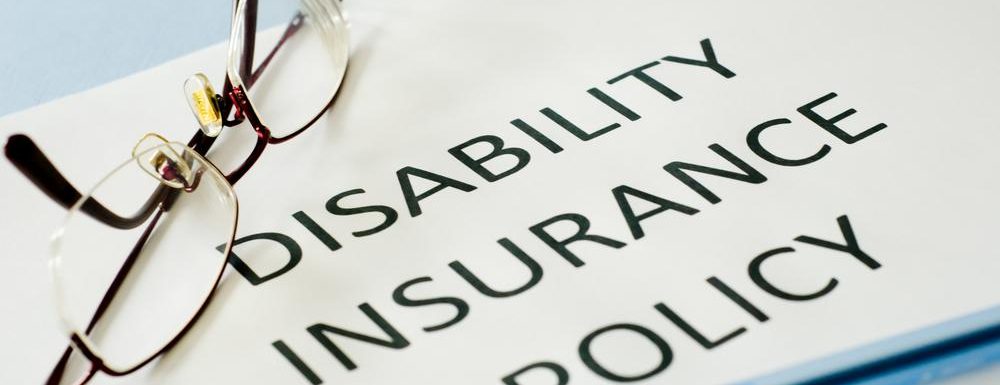Having a disability can be an unfortunate circumstance, especially since you never know if an incident or accident can cause it to happen to you or someone you know. As some people like Stephen Hawking and Helen Keller prove, having a disability is not a hindrance to a fulfilling life. In today’s world, however, preparing for circumstances such as a disability is helpful.
Disability insurance might be of great assistance, especially in terms of availing services and ensuring financial matters are settled properly. But just how do you know if you should invest in disability insurance?
It can seem to be a tricky choice, especially given the number of programs and services that may or may not be available in your area, and because other forms of insurance may or may not provide this coverage. This is why it’s important to think about the factors and key signals that you might need disability insurance.
The signs below can hopefully give you a general idea on just when it might be the right time to get disability insurance. Should you need any form of guidance from a professional, click here for more information.
Disability Insurance Basics: The Types
According to Clark, a person is three times as likely to become disabled than to pass away before reaching 65 years of age. With this statistic alone, it seems disability insurance might be something worth investing in.
It seems interesting that a lot of people are more familiar with life insurance than disability insurance. It might be because not everyone understands the difference between the options given. Here is a breakdown of the different types of disability insurance:
- Short-term disability insurance is a type of insurance that is best used within a certain timeframe. This covers the time one might not be able to work, like a few weeks, because of a disability. This may support up to half or full income on your end while it’s in action. This type of insurance is most often a workplace benefit, paid by the people who hired you. If you don’t have this through your work, you may buy a policy for yourself.
- Long-term disability insurance is like the former, but works on a long-term basis. This is usually acquired by an individual and the policy takes over when short-term disability insurance runs out. This can give you support in terms of income for as long as a few years or even decades with the proper planning.
Of course, the difference between the two, and the situations in which you can use them, means the prices of the two also differ. For instance, disability insurance might not be high for someone who is working a desk job. But for someone who is washing windows in a high-rise building, or someone who does a lot of movement or driving, the cost might be higher. This is because there are more ways for the latter to be disabled than the former, especially on the job.
Disability Insurance: When to Invest

Here are some key signs that you should invest in disability insurance:
- Are you the sole provider of income at home? If so, you should consider getting yourself disability insurance. This is because if you’re unable to work, a lot of the expenses at home might not be able to get paid. Not only that, but things such as bills, utilities, groceries, rent, or insurance can be affected by your inability to work as well. Granted, an emergency fund can assist you in this situation, but disability insurance might be something that can be an ace up your sleeve should the need arise.
- Are you by any chance working in an environment that is prone to accidents? Work and livelihood in construction, mining, and other fields that involve heavy physical labor carry a higher risk of injury and disability, which makes a disability insurance policy seem like a good deal. Some of the most common causes of disabilities prior to someone’s retirement include diabetes, cancer, depression, heart disease, back pain, and arthritis.
- Do you have dependents? Children and other dependents can be a good enough reason to get yourself disability insurance as well. When people like children depend on you, it might be a good idea to have disability insurance on hand so it can replace your income should you become disabled. This is because your disability can have a direct impact not just for you, but for the people who are actively depend on you.
Disability insurance might be something people say they don’t need, as gaining a disability may not necessarily be something that will happen within one’s lifetime. However, just because the odds are low doesn’t mean one shouldn’t prepare for a circumstance that can be anticipated. Should you realize that disability insurance might work to your benefit, search for workable options in your area that are a good fit for your budget and situation. The signs above may be able to help you determine just what kind of disability insurance to get, or how soon you might need to take this into consideration.

Leave a Reply